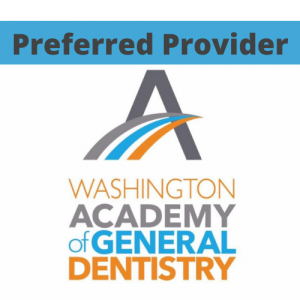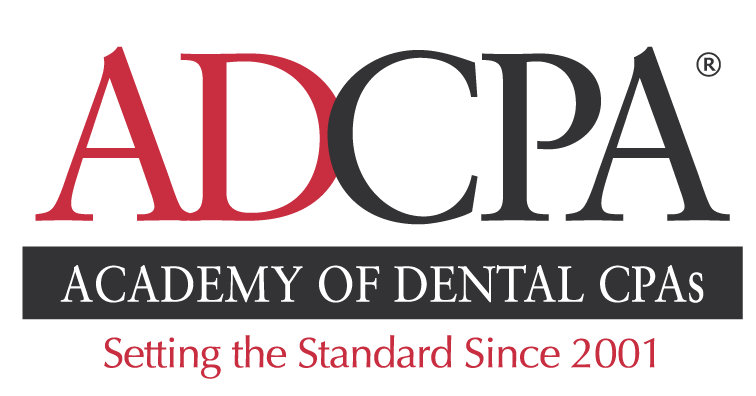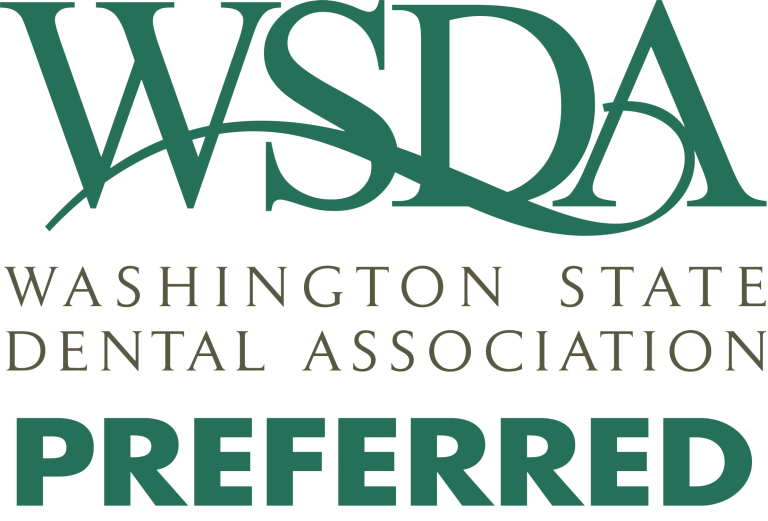DEADLINES
- June 15, 2023 Quarter 2 Estimated Tax Payments
QUICKBOOKS
QuickBooks Pro 2023 is now available for purchase. Please update to QuickBooks 2023 if you are currently using 2021 or older. Or talk with us regarding switching to QuickBooks Online – this may be the best option for most!
IRS STANDARD AUTO MILEAGE RATE
The standard reimbursement rate for automobiles is 65.5 cents per mile for 2023.
Washington Long-Term Care Tax Returns
The employment tax designated to fund long-term care for Washington residents has had a bumpy history. First passed in 2019, the tax went into effect for nearly all Washington employees in January of 2022. After much feedback, the program was quickly revised, and all amounts that had been withheld from paychecks were refunded to employees.
Extra time was needed to iron out numerous provisions, and the implementation was pushed back to a July 2023 start date, which is rapidly approaching. As we had a “trial run” for the withholding in 2022, most payroll providers should be well equipped to process the 0.58% employee withholding starting in July.
As a reminder, a limited exemption was available for those who already had long-term care insurance through a private provider. That coverage had to be in place prior to November 1, 2021, and employees had to apply for the exemption between October 2021 and December 2022. If you did not meet the requirements and/or apply for the exemption, you are no longer eligible to opt out using the private coverage exemption. If you did apply for an exemption, you should have received a response from the Employment Security Division which must be provided to your employer to let them know not to withhold from your paycheck.
If you are self-employed and do not receive a W-2 paycheck (owners of a partnership and sole-proprietors), you are not required to pay into the program but may choose to do so. This election must be made prior to January 1, 2025, or within three years of becoming self-employed for the first time.
Meals deduction back to 50%
The past two years saw a temporary provision that allowed businesses to deduct 100% of expenses paid to restaurants instead of the standard 50%. That expired December 31, 2022, so be sure you return to using the proper 50% expense category in QuickBooks. Many of you setup temporary 100% accounts to use in 2021 and 2022, and those accounts can be deactivated in QuickBooks to avoid accidentally posting entries there. Let us know if you need help with this step.
BONUS DEPRECIATION AND SECTION 179
Part of the tax reform changes of 2018 greatly enhanced the opportunities for businesses to write off the entire cost of fixed assets in the year of acquisition. Absent this provision, the deductions would come in the form of depreciation over the life of the asset. This 100% bonus depreciation expired on January 1, 2023, and you can now deduct only 80% of the asset in the year of acquisition. As we have seen, the further out we project, there is always a chance that tax laws could change. But as it stands now, here is a reminder of the amount of bonus depreciation you can claim:
|
Asset placed in service through |
Bonus Depreciation |
|
December 31, 2022 |
100% |
|
December 31, 2023 |
80% |
|
December 31, 2024 |
60% |
|
December 31, 2025 |
40% |
|
December 31, 2026 |
20% |
Section 179: Similar to bonus depreciation is Section 179, which allows the full cost of an asset to be written off in the year of purchase. Now that bonus depreciation is no longer 100%, many businesses will instead choose to claim Section 179 depreciation.
However, there are limits to how much can be claimed under Section 179, and a business must have positive income to get any 179 benefits. Certain types of assets, such as real estate, may qualify under one method but not the other. Furthermore, you can pick and choose which assets to apply Section 179 to, but bonus depreciation must be applied to all assets within a given class (or none, if you opt out).
QUICKBOOKS DESKTOP DISCONTINUATION
If you are using QuickBooks Desktop version 2020 or earlier, you will need to upgrade to a newer version or convert to QuickBooks Online (ask us how to help with the online conversion. It is quick and simple to do and comes with many time saving features). Effective May 31, 2023, Desktop 2020 features such as Intuit tech support or online integration with payroll, bank feeds, etc. will no longer be available.








